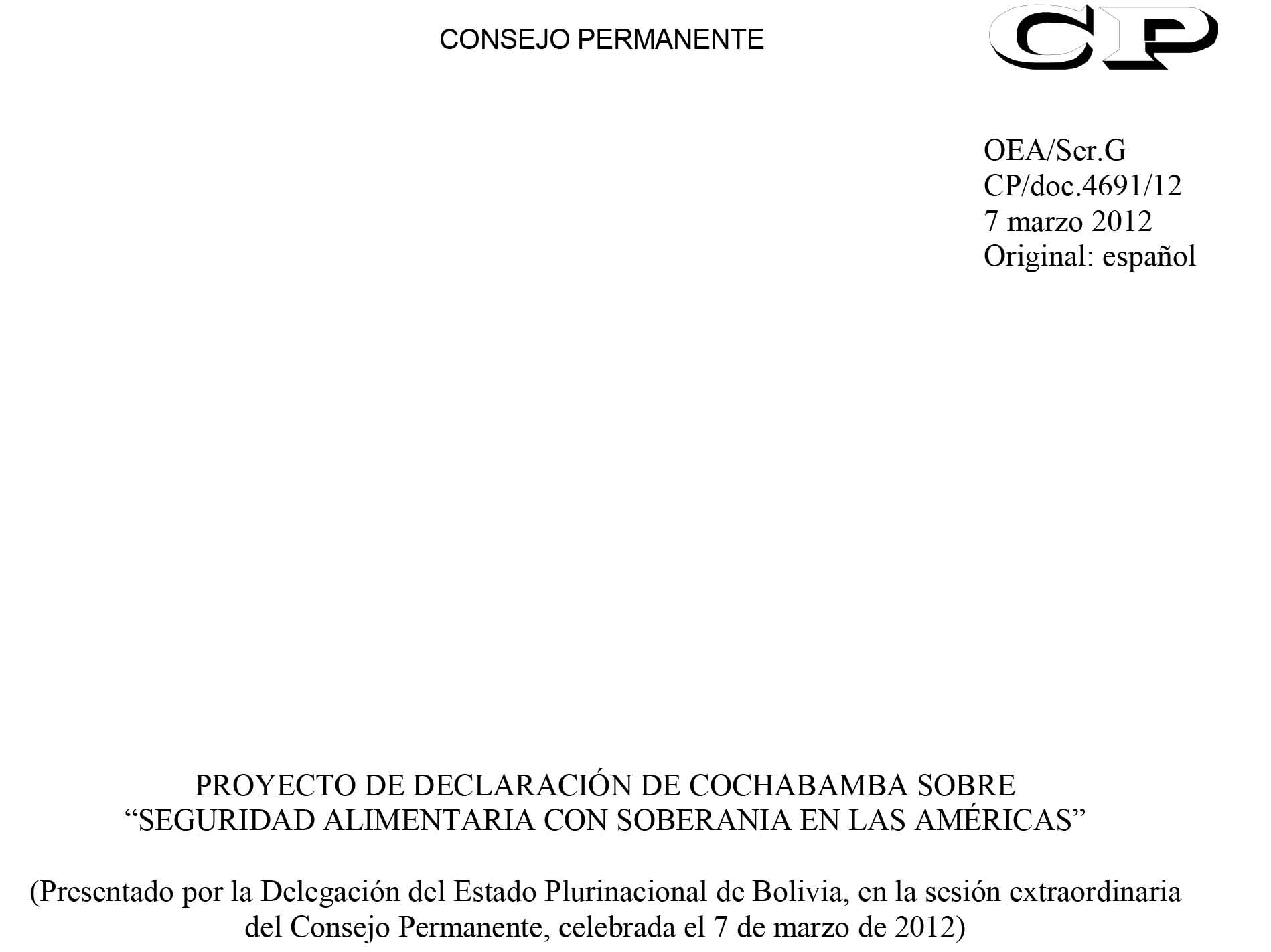Niger - Impacts of Sustainable Land Management Programs on Land Management and Poverty in Niger
Since the early 1980s, the Government of
Niger and its development partners have invested more than
200 billion West African Francs (FCFA) in programs will
promote sustainable land management (SLM) and other
activities to reduce poverty and vulnerability. Overall,
more than 50 programs have promoted SLM in Niger. Despite
large investments in SLM programs, their impacts on land
management, agricultural production, poverty, and other


